The WHOI Scientific Diving Program: 60 Years of Excellence
Diving operations at the Woods Hole Oceanographic and aboard Institution vessels are governed by the WHOI Diving Program.
The WHOI Diving Program currently supports approximately 50 divers representing all major WHOI departments. This pool of divers, a source of diving assistance for a wide range of special projects, can be contacted through the WHOI Diving Safety Officer (DSO).
Area of Operations
Global. WHOI Divers utilize a multitude of diving techniques for their operations around the world.
- Archaeology in Greece
- Climate Change & Coral in Bermuda
- Oceanography in the Arctic
- Martha's Vineyard Coastal Observatory
Capabilities
WHOI diving supports Open-Circuit SCUBA, Closed Circuit Rebreathers and Surface Supplied diving systems to meet the requirements of approved scientific missions.
The Diving Program can supply high & low pressure compressed breathing air, nitrox, scuba cylinders, weight belts, and lead weights. While visiting scientists are expected to supply the rest of their gear, a limited amount of other equipment, such as regulators, buoyancy compensators, wetsuits, small high pressure air compressors, etc. may be available with prior notification. We have a modest scuba repair facility and can repair certain brands of regulators, buoyancy compensators, visually inspect cylinders, and calibrate depth gauges.
It should be noted that WHOI does not currently have a recompression chamber.
Training
Certification is available in the following areas for persons who have a scientific need to dive: basic and advanced scuba (NAUI, AAUS), first aid (National Safety Council), cardiopulmonary resuscitation (American Heart Association), Oxygen Administration in Diving Accidents (Divers Alert Network), dry suit diving, computer diving, lightweight surface-supplied diving (Diving Systems International dive control system, Superlite helmet, KMB band mask), and open sea multiple tether diving (‘bluewater’). Prospective divers are advised that the local environment is challenging, including limited visibility (normal range 3 feet to 12 feet, extremes from 0 feet to 25 feet), currents (normal maximum current off the Institution pier is 1.5 knots, may be >3.5 knots in Vineyard Sound), a wide seasonal temperature variation (ocean range 28 degrees F in winter to 77 degrees F in summer, air range -10 to 90 Fahrenheit), and seasonally heavy boat traffic.
Rules and regulations concerning diving policy are developed, interpreted, and reviewed by the Diving Control Board (DCB), which is comprised of the Institution Safety Officer, six experienced scientific divers, and the DSO. The DSO has operational authority for the Diving Program and is responsible for the enforcement of diving safety regulations, conduct of diver training, approval of dive plans and equipment, the compiling and storage of diving-related records and information, and the maintenance of Institution-owned diving gear.
Divers must be authorized by the Institution’s DSO or DCB before commencing any diving operations under WHOI auspices. WHOI is an organizational member of the American Academy of Underwater Sciences. For information specific to diving operations from WHOI research vessels, see the Shipboard Diving section.
Contacts
Ed O'Brien
Diving Safety Officer
Phone: (508) 289-2239
Fax: (508) 457-2195
eobrien@whoi.edu
David Fisichella
Shipboard Scientific Services Group (SSSG)
Phone: (508)-289-3777
dfisichella@whoi.edu



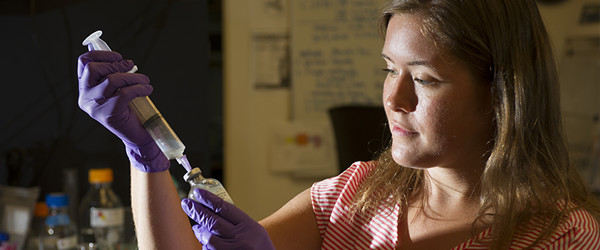


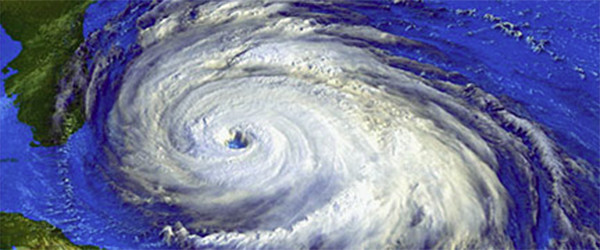
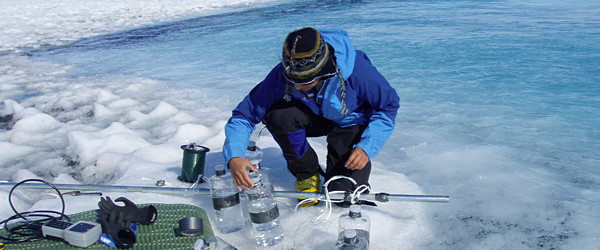
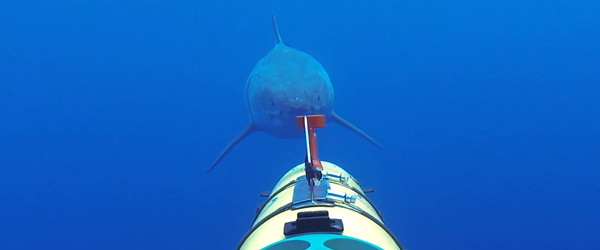
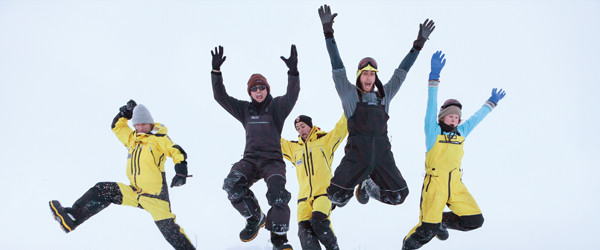
 Facebook
Facebook Twitter
Twitter Instagram
Instagram Vimeo
Vimeo YouTube
YouTube LinkedIn
LinkedIn RSS Feeds
RSS Feeds







